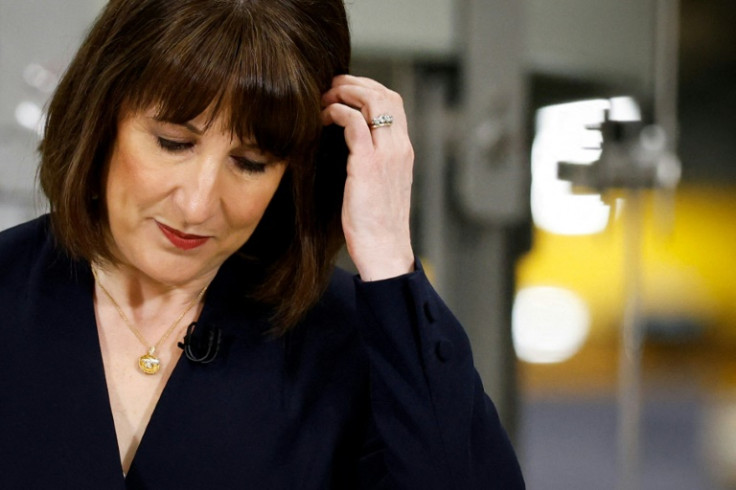UK Annual Inflation Jumps More Than Expected

Britain's annual inflation rate rose more than expected last month, official data showed Wednesday, adding pressure to the Labour government which is also facing sluggish economic growth.
The Consumer Prices Index jumped to 3.0 percent in January, up from 2.5 percent in December, according to the Office for National Statistics (ONS).
The reading is a blow to Prime Minister Keir Starmer's centre-left government as it tries to tackle the dual pressures of rising prices and slow economic growth.
"The rise was driven by air fares not falling as much as we usually see at this time of the year," noted Grant Fitzner, chief ONS economist.
"After falling this time last year, the cost of food and non-alcoholic drinks increased, particularly meat, bread and cereals," he added.
New taxes on private schools announced in the government's maiden budget led to an increase in tuition fees at the beginning of the year which also contributed to rising prices.
The figure pushes inflation away from the Bank of England's two percent target, but remains broadly in line with the central bank's forecasts for the year, analysts said.
"While it's not going to set off a cacophony of alarm bells at the Bank of England, it's not going to make them any more enthusiastic about rate cuts in the immediate future either," Sarah Coles, head of personal finance at Hargreaves Lansdown.
"Getting more money in people's pockets is my number one mission," finance minister Rachel Reeves said in response to Wednesday's figures.
"That's why we're going further and faster to deliver economic growth," she added.
The central bank in February slashed its forecast for UK economic growth and warned that inflation would rise more than expected this year, blaming global risks amid US tariff threats and deteriorating business confidence in the UK.
It also lowered its key rate by a quarter point to 4.5 percent in February, the third cut in six months.
However, BoE governor Andrew Bailey has cautioned that the central bank would take a "gradual and careful" approach to reducing rates further.
A day earlier, new figures had showed an acceleration in UK wage growth.
"Should the spike in inflation peak at a level above expectations, or if the increase is too prolonged, then the Bank could find itself with a nasty headache," said Richard Carter, an analyst at Quilter Cheviot.
UK inflation had soared to above 11 percent in October 2022, the highest level in more than four decades, as the Russia-Ukraine war cut energy and food supplies, sending prices soaring.

© Copyright AFP 2024. All rights reserved.




















